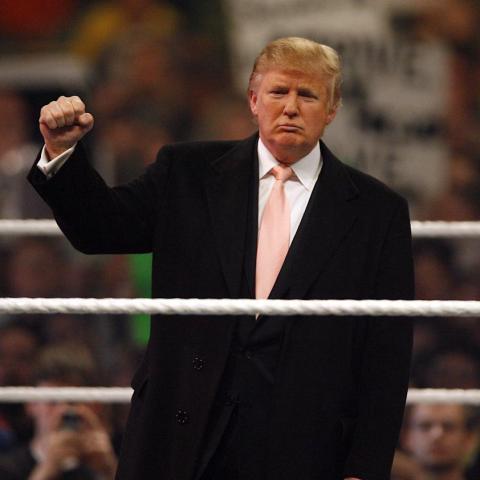“The Earth, our home, is beginning to look more and more like an immense pile of filth.” These striking words from Pope Francis reflect a serious concern about our planet’s health. He often spoke against the reckless use of natural resources and the impact of climate change, highlighting the struggles faced by the most vulnerable among us.
Pope Francis, who passed away recently, was more than a religious leader; he was a powerful advocate for our environment. His 2015 encyclical, *Laudato Si’*, called for global action against climate change. It came out just before critical discussions that led to the Paris Agreement. Sustainability expert Steffen Böhm noted that the Pope’s call to action was radical. It challenged deep-rooted social and economic policies. He stated that the Pope had the unique ability to confront world leaders and corporations about their inaction on climate issues.
The encyclical urged everyone to take climate change seriously. It warned that efforts to merely mask problems would not suffice: “Such effects will continue to worsen if we continue with current models of production and consumption.” This call resonated across religious and secular communities, uniting various groups behind a common goal.
In France, for instance, Pope Francis’s message brought together both traditional conservatives and more progressive thinkers within the Catholic Church. His ability to break through political divides made him a unique figure in the climate movement.
Despite the signing of the Paris Agreement, criticism remains. It was viewed as a band-aid approach to a systemic issue—a compromise filled with market-driven solutions like carbon credits. In the years following, the Pope continued advocating for action at events like the United Nations climate talks.
Professor Celia Deane-Drummond from the University of Oxford recently highlighted the Pope’s influence in a talk. She noted that his engagement with Indigenous communities in his 2020 exhortation, *Querida Amazonia*, placed their voices at the center of environmental discussions. This interaction influenced discussions in his 2020 letter, *Fratelli Tutti*, which focused on global unity and care for our planet.
Interestingly, many activists credit Pope Francis with inspiring their involvement in climate advocacy. A study involving over 300 participants revealed that 61% named him as a pivotal influence in their commitment to climate action. This shows the Pope’s real impact is felt more in grassroots movements than in high-level negotiations.
The *Laudato Si’* movement, sparked by his encyclical, now connects nearly 1,000 Catholic organizations. It has trained thousands of leaders who mobilize community activists around the world. Joel Hodge and Antonia Pizzy from Australian Catholic University emphasized how the Pope framed the fight against climate change as a moral imperative rooted in faith. He argued that true change requires an “ecological conversion” of the heart.
Addressing the climate crisis requires a broad coalition of supporters from all walks of life—policymakers, tech innovators, activists, and yes, people of faith, too. The next pope will inherit the important task of continuing this mission. As Deane-Drummond stated, it is vital for the next leader to build on Francis’s legacy to drive meaningful change, from local initiatives to global policies.




















